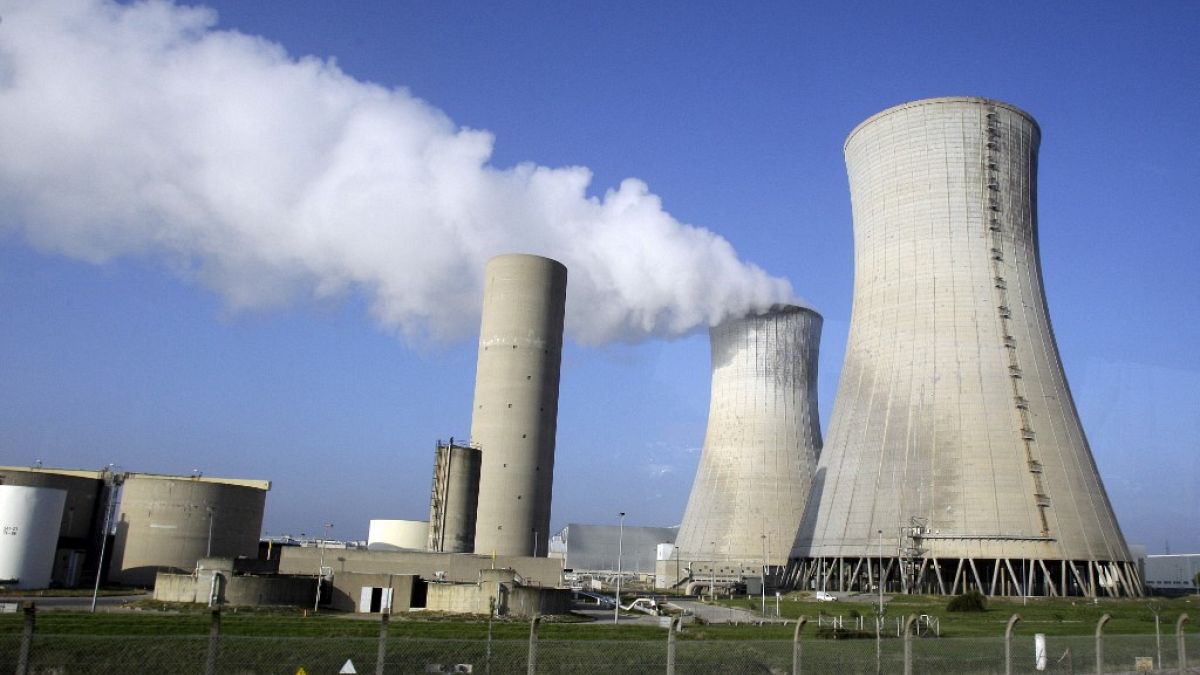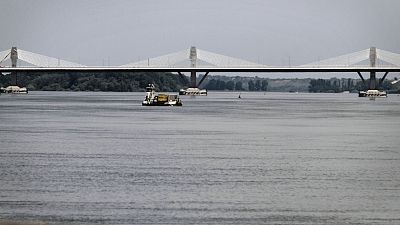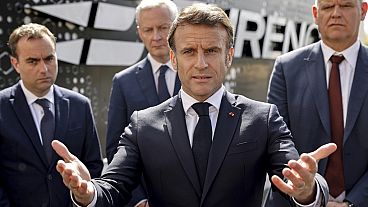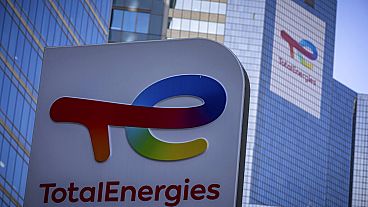French nuclear energy company Orano is investing €1.7 billion to increase its uranium-enrichment capacity and reduce dependency on Russia.
On Thursday, Orano’s board approved a 30% production capacity increase for its Tricastin factory, in Southern France – Europe’s largest nuclear technology site.
The project and its consequent financing will allow France to move away from its reliance on Russia.
“In the current geopolitical context, the purpose of this increase in enrichment capacities is to strengthen Western energy sovereignty in France,” said Claude Imauven, Orano’s board of directors chairman, in a statement.
The French multinational company, specialised in the nuclear fuel cycle, said their increased uranium production capacities will allow them to supply energy to 120 million households.
Enriched uranium is more efficient for energy production than natural uranium, as its fission reaction (atoms bursting and producing heat) is more easily obtained – which, in turn, produces nuclear energy.
There are currently four uranium-enrichment groups across the world, Orano being the smallest one with its activities accounting for 12% of the global market. Chinese national company CNNC comes second (14%), followed by European group Urenco (31%).
The world leader is Russia’s Rosatom, which produces 43% of the world’s enriched uranium.
The necessity of self-reliance in the energy sector
Russia’s war of aggression against Ukraine reminded world leaders how crucial energy independence is.
Unpreparedness in that domain has contributed heavily to the energy and subsequent cost of living crises that Europe is currently going through.
Since March 2022, the European Union has been looking into reducing its Russian oil and gas dependency.
Although the bloc has already taken several crucial steps, such a change takes time: the EU plans on terminating its fossil fuel exports from Russia in 2027.
In the meantime, European money will continue to flow into Russia, and indirectly finance the country’s war.
In its statement, French company Orano does not directly refer to Russia, but hints at the need to regain sovereignty. Again, such a change won’t be immediate, as the announced production is expected to start in 2028.



